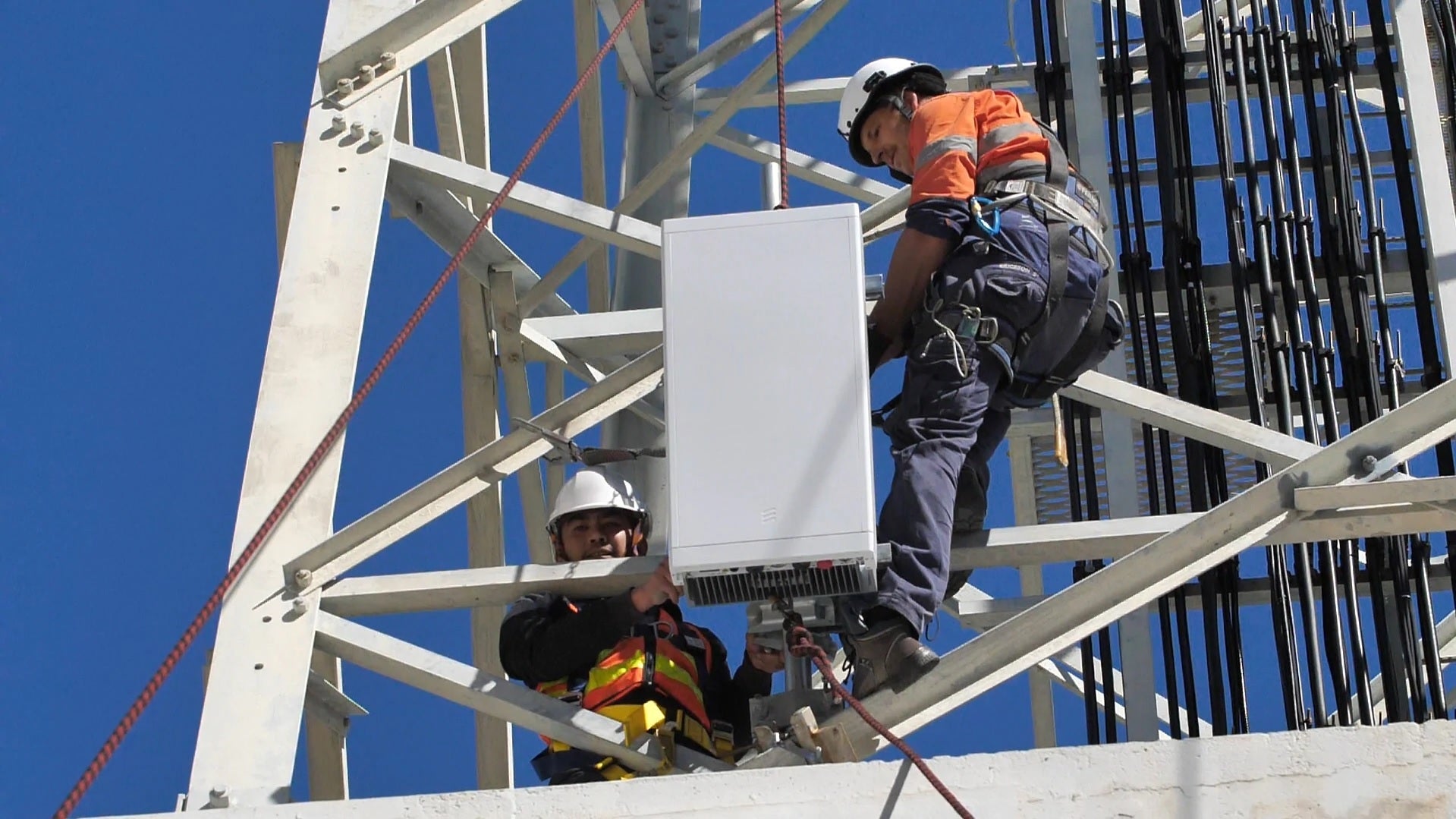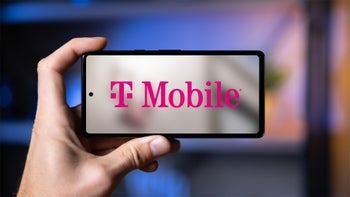Apple, Google join 6G industry group even though 5G iPhones and Pixels have just been released

The first 5G smartphones made by Apple and Google have just been released so it is too early to think about 6G iPhone and Pixel models, right? Wrong. Even though 6G is as much as a decade away, China just sent a satellite into space to test 6G signals expected to be 100 to 500 times faster than 5G. And both Apple and Google have joined a North American trade group known as "the Next G Alliance."
According to LightReading, the Next G Alliance is scheduled to hold its first meeting next week. The group is led by the Alliance for Telecommunications Industry Solutions (ATIS), a North American trade association that previously worked with secure supply chains, hearing aids, robocalls, and hearing aids for cellphones. The goal of The Next G Alliance is to "advance North American mobile technology leadership in 6G and beyond over the next decade, while building on the long-term evolution of 5G." Apple and Google join Charter Communications, Cisco, Hewlett Packard Enterprise, Intel, Keysight Technologies, LG Electronics, Mavenir, MITRE and VMware as members.

We might not see 6G until 2030 but the wireless industry is taking the first steps toward the eventual successor to 5G
In a position paper written earlier this year, the Next G Alliance wrote, ""While the world is exploring opportunities that will light the path to 6G, the US must take timely and critical action to ensure unquestioned leadership in 6G innovation and development." ATIS CEO Susan Miller said back in May, "Old models of leadership are not going to play in this new future in light of the geopolitical landscape. If the US is really going to assert its leadership, it's going to have to act in a new way." Yesterday we told you that China had recently sent a satellite into space to test 6G data speeds that could run more than 100 times faster than 5G.
There is some concern that the political tension between the U.S. and China, if not exacerbated by the incoming Biden Administration, could lead to different 6G standards for both countries. The bottom line would be 6G phones made for U.S. consumers that wouldn't be compatible with China's 6G network and vice versa. That would slow down global communications so hopefully both countries can find a way to work together.
Follow us on Google News














Things that are NOT allowed:
To help keep our community safe and free from spam, we apply temporary limits to newly created accounts: